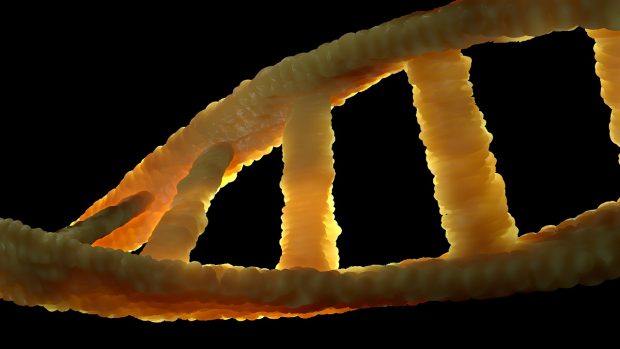
Second, once you have been obese, your fat tissue has acquired metabolic properties that favor fat accumulation. Fat becomes your body’s default, in a way.
“Your adipose tissue defends this and resists fat depletion,” Bouchard said.
RELATED: Edible Nuisance: 3 blood tests to help you remove problem foods
Reardon, who holds a MBChB – the UK equivalent of an MD, said this problem that goes far beyond the Biggest Loser.
“This is a problem that has existed for 30 years of dieting, being super skinny, and crash loading calories,” he said. “What we’re seeing with people who follow these diets is a loss of muscle tissue, metabolic dis-regulation, and significant metabolic consequences.”
Bouchard said the best bet for keeping obesity at bay is to never get obese in the first place, avoiding that metabolic change that craves obesity.
Since that seems unrealistic for those who have already gone down the obesity path, is there a way to revolt against your fat-loving genes? Yes, said Reardon, but there’s no one-size-fits-all solution.
“The overall concept is that your genetics loads the gun, but it’s your lifestyle that fires it,” Reardon said.
With a system like FitnessGenes, people can work with the genes they’re given to reach the weight loss goals they desire.
RELATED: Why Calorie Counts on Menus Don’t Work
Reardon said the team at FitnessGenes, which includes 7 PhD researchers, can help get bodies back on track, beginning with a genetic test to set your personal baseline. For starters, one might have to make big changes to macronutrient (fats/proteins/carbs) intake, undo a micronutrient deficiency, or change a training regimen.
“Before you try to lose weight, you need to correct,” Reardon said.
“You’re not destined to be a certain way, you just have to work smarter.”


